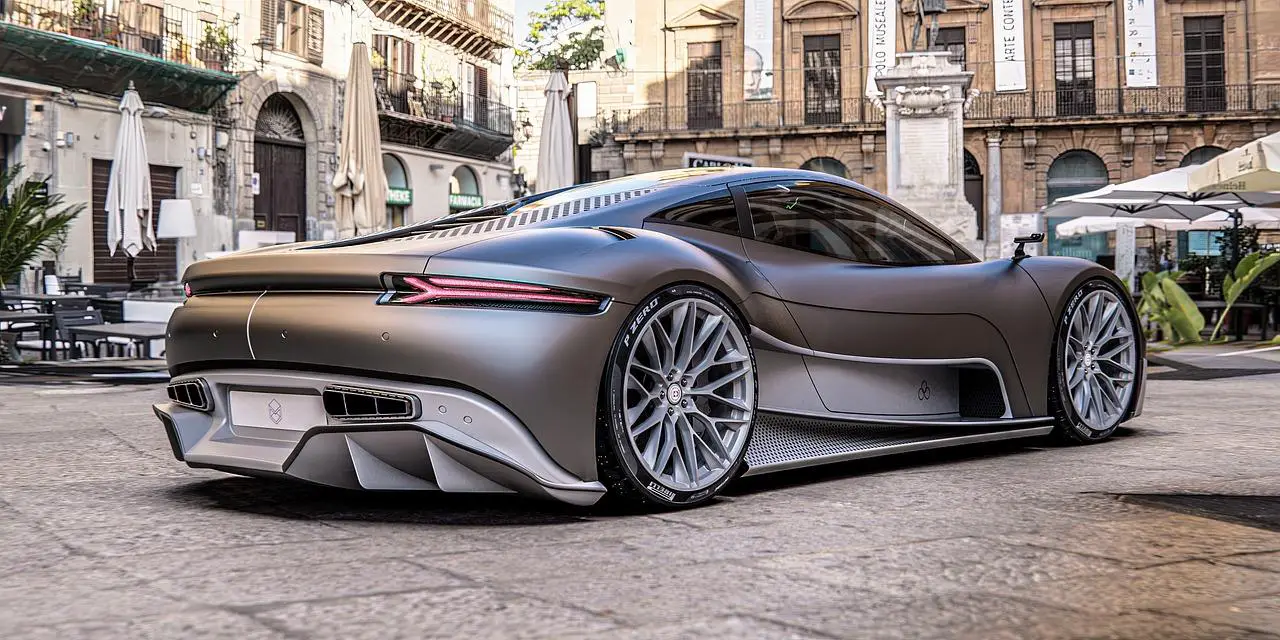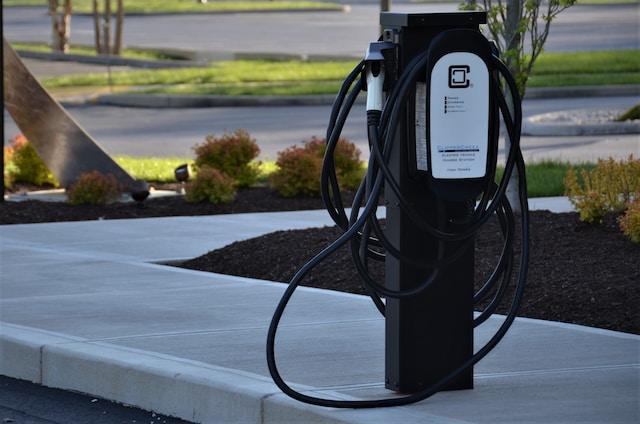Due to growing environmental concerns and rising fossil fuel prices, electric vehicles (EVs) have seen a substantial rise in popularity over the past several years. Choosing the finest electric car for your needs, however, may be a struggle with so many options available on the market. You may make an informed decision that fits both your preferences and practical requirements by following the steps in this article as you choose the best electric vehicle for your lifestyle.
Contents
- 1 Introduction
- 2 Understanding Electric Vehicles (EVs)
- 3 Assessing Your Commuting Needs
- 4 Budget Considerations
- 5 Types of Electric Vehicles
- 6 Evaluating Charging Infrastructure
- 7 Range Anxiety and Realistic Range
- 8 Environmental Impact
- 9 Performance and Driving Experience
- 10 Available Incentives and Tax Benefits
- 11 Maintenance and Ownership Costs
- 12 Resale Value
- 13 Researching and Test Driving
- 14 Making the Final Decision
- 15 Conclusion
- 16 FAQs
Introduction
Since they provide a greener and more energy-efficient alternative to conventional gasoline-powered cars, electric vehicles have completely revolutionized the automotive industry. To make sure that your new car satisfies your needs and tastes as you set out on the path to finding the ideal EV for yourself, it’s crucial to take into account a number of variables.
Understanding Electric Vehicles (EVs)
It’s crucial to have a basic awareness of the many types of electric vehicles on the market before starting the choosing process. Battery Electric Vehicles (BEVs), Plug-in Hybrid Electric Vehicles (PHEVs), and Hybrid Electric Vehicles (HEVs) are the three basic categories under which EVs may be placed. Your choice will be influenced by the benefits and factors that each variety has to offer.
Assessing Your Commuting Needs
One of the most crucial factors in choosing the best electric vehicle is understanding your daily commuting patterns. Consider the distance you typically travel, whether you have a daily commute, and if you require long-distance capabilities. This assessment will help you determine the required range of the EV and whether a BEV or a PHEV suits you better.
Budget Considerations
Although they frequently cost more upfront than conventional automobiles, electric vehicles can result in long-term fuel and maintenance cost benefits. Establish a spending plan that takes the cost of the car, any potential incentives, the cost of the charging infrastructure, and the installation fees into consideration.
Types of Electric Vehicles
Battery Electric Vehicles (BEVs): These vehicles run solely on electric power and need to be charged regularly. They offer zero tailpipe emissions and are ideal for urban commuting.
Plug-in Hybrid Electric Vehicles (PHEVs): PHEVs can run on electric power for shorter distances and switch to gasoline for longer trips. They offer flexibility and are suitable for those who require occasional longer drives.
Hybrid Electric Vehicles (HEVs): HEVs do not need to be plugged in as they generate electricity through regenerative braking. They are a good option for those easing into the electric driving experience.
Evaluating Charging Infrastructure
Check the availability of charging stations in your area and along routes you frequently travel. A well-established charging infrastructure can significantly enhance your EV ownership experience and alleviate range anxiety.
Range Anxiety and Realistic Range
Range anxiety is a common concern among potential EV buyers. Assess your daily driving distance and choose an EV with a range that comfortably accommodates your routine. Remember that real-world range can vary based on driving conditions and climate.
Environmental Impact
Opting for an electric vehicle contributes to reducing greenhouse gas emissions and air pollution. If reducing your carbon footprint is a priority, an EV aligns perfectly with your goals.
Performance and Driving Experience
The quick torque and smooth acceleration of electric cars are well recognized. Take into account your own preferences for the driving experience and performance factors including regenerative braking, handling, and acceleration.
Available Incentives and Tax Benefits
Many areas provide tax breaks and incentives for buying electric automobiles. Investigate these incentives to see how they could lower the price of the EV you’ve decided on.
Maintenance and Ownership Costs
Internal combustion engine cars have more moving parts than electric vehicles, which increases maintenance expenses. Additionally, electricity is typically less expensive than gas, resulting in longer-term ownership expenses that are lower.
Resale Value
As the electric market continues to expand, resale values are becoming more competitive. Consider the potential resale value of the EV model you choose.
Researching and Test Driving
Thoroughly research the EV models that align with your preferences. Read reviews, compare specifications, and schedule test drives to get a firsthand experience of how different models perform on the road.
Making the Final Decision
After gathering all the necessary information, it’s time to make your final decision. Choose the best electric vehicle that meets your commuting needs, budget, environmental concerns, and driving preferences.
Conclusion
A thrilling first step toward a cleaner and more sustainable future is picking the best electric vehicle. You may confidently choose an electric car that fits your lifestyle and ideals by taking into account aspects such as commute requirements, price, charging infrastructure, and vehicle kinds.
FAQs
- Can I go on long road trips with an electric vehicle?
Electric vehicles with longer ranges are suitable for long road trips. However, you need to plan your route to include charging stations along the way. - Are there government incentives for purchasing an electric vehicle?
Yes, many governments offer incentives such as tax credits and rebates to promote the adoption of electric vehicles. - Do electric vehicles require less maintenance than traditional cars?
Yes, electric vehicles have fewer moving parts, which generally results in lower maintenance costs compared to traditional cars. - What is the average lifespan of an electric vehicle battery?
The lifespan of an electric vehicle battery is typically around 8 to 10 years, but advancements in battery technology are continuously improving longevity. - Can I charge an electric vehicle at home?
Yes, you can install a home charging station for your electric vehicle, making it convenient to charge overnight.




